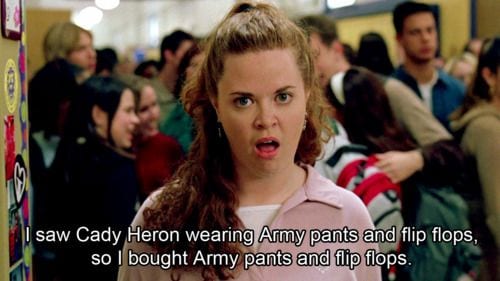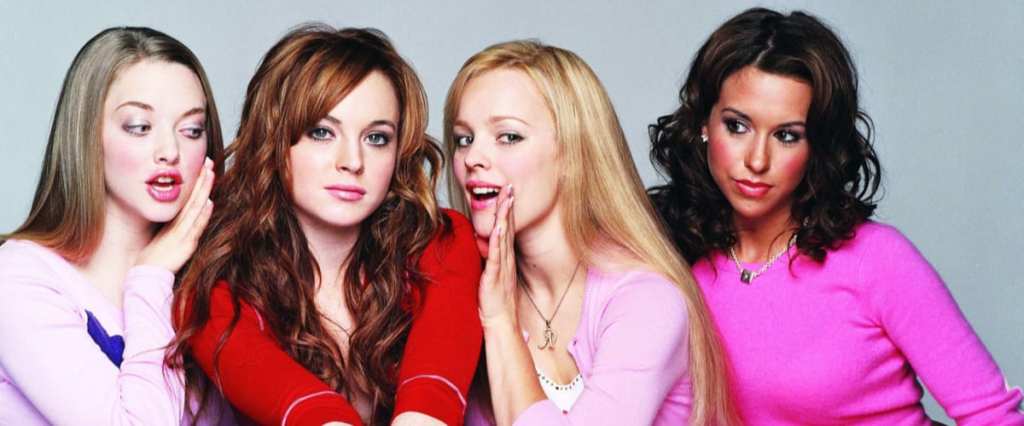What makes someone a friend in your eyes, rather than an acquaintance, classmate, or coworker? It turns out the answer to that question could be more complex that you think – and that you might be surprised at how many of your friendships are one-sided.
In a new study done at the MIT Media Lab and published in PLOS One, researchers found that even though most of the participants believed that the way they rated others would be reciprocal, it very often wasn’t.

Image Credit: Paramount Pictures
Students in a class of 84 undergraduates were asked to score how well they knew the other people in their class on a scale of 0-5, with 0 being “I do not know this person,” 3 being “friend,” and 5 being “one of my best friends.” They were also asked to predict how those same classmates would score them in return.

Image Credit: Paramount Pictures
Even though people believed that those who they considered friends would rate them as friends in return, almost 50% of the responses did not follow that trend.
Researchers wonder whether the unequal footing could have more to do with popularity and social standing rather than whether or not the two were actually close – i.e. people might be more likely to claim a friendship with someone of a higher social standing, while those who are popular more picky about dubbing someone a “friend.” But as of right now, they don’t know if social climbing could be influencing their results.

Image Credit: Paramount
Research has connected satisfying friendships with health benefits like a longer life, improved mental health, and a lowered risk for dementia, and as long as people aren’t aware which of their friendships are more satisfying for them than their counterparts, the benefits should be the same.
So in this case, perhaps a Don’t Ask, Don’t Tell policy would be the best course of action…






